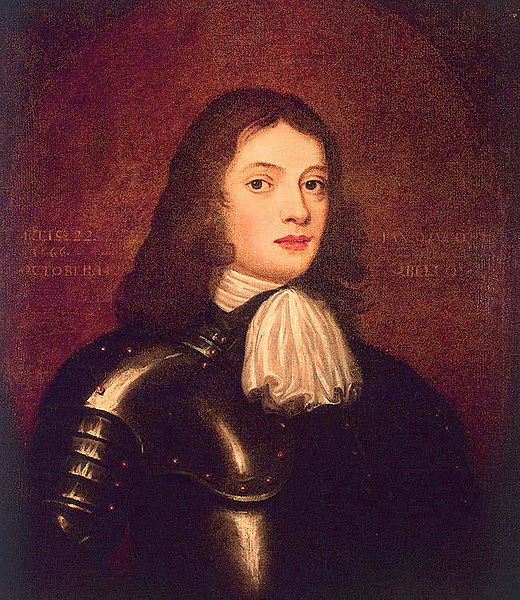As I noted in a recent post for the Ethics and Religious Liberty Commission of the Southern Baptist Convention, the Founding Fathers were quite familiar with the concept of religious exemptions from laws. In the eighteenth century, among the groups most often calling for such exemptions were the Quakers. The Quakers were pacifists who would not serve in the colonial militias, and they also would not take oaths in court, or ones to serve in political office. The Quaker exemption on oaths even made it into the language of the Constitution’s presidential oath of office, in which he says “I swear (or affirm) that I will faithfully execute the Office of President of the United States.” Quakers would only “affirm” their intentions, refusing to swear because of the seeming prohibition against swearing by Christ in Matthew 5.

Quaker convictions about religious liberty, like Baptists’, emerged from the experience of persecution. I have recently been working on a chapter on the Middle Colonies for a book on early American history that I am writing for Yale University Press. One of the books I am consulting is John Smolenski’s Friends and Strangers: The Making of a Creole Culture in Colonial Pennsylvania (2010). While Smolenski’s excellent book is primarily written for scholarly experts, it includes fascinating details about the Quakers’ early theological and social struggles, both in England and in Pennsylvania.
William Penn converted to Quakerism in 1667, when he was twenty-three years old, and soon began publishing on behalf of his new faith, and criticizing the English government for its suppression of those who stood outside the established Anglican Church. Penn then became the target of that oppressive church-state power, and he landed in Newgate Prison for almost a year in the late 1660s. His participation in an outdoor worship meeting in London in 1670 earned him a second detention, and a trial for disturbing the peace.
Penn and his Quaker co-defendant argued that public worship did not entail disturbing the peace, and surprisingly, the jury agreed. The judge in the case, expecting a verdict against the Quakers, angrily ordered that the jury members be detained overnight, with no food, drink, or even a “Chamber-Pot, though desired.” Eventually the Quakers and the jury were vindicated and released, which in itself was an important milestone in the independence of juries under Anglo-American law.
Quakers published a popular account of the trial, in which Penn argued that the charges against him violated the rights of Englishmen as established in the fundamental law of Magna Carta. [This piqued my interest, as my family and I have seen copies of Magna Carta at both the British Library and, over Spring Break, at the Houston Museum of Natural Science, an exhibit well worth your time.] Punishing people for worshiping God according to their consciences was “destructive of the Great Charter,” Penn insisted.
When Penn founded Pennsylvania, it joined Roger Williams’ Rhode Island as the second American colony that offered liberty of conscience to all with no established, tax-supported church. As much as I (as a Baptist myself) admire the contributions of Baptists in fighting for America’s tradition of religious liberty, the work of many kinds of dissenters helped to build that tradition. It is fascinating to see how the Quakers’ convictions, and Penn’s claim on the 13th century precedent of Magna Carta, helped to establish the principle that the government should not punish people for living out their religious convictions. By the time of the Revolution, the Founders had also come to believe that in the case when a legislature passes a law (or, befitting modern circumstances, a bureaucratic agency issues a mandate) that violates the consciences of such dissenters, the government has a special obligation to offer accommodations or exemptions, so as not to coerce anyone into acting against deeply-held beliefs.
Friends, I have recently started a Thomas S. Kidd newsletter. Each newsletter will update you on what’s happening in the world of American religious and political history. It will contain unique material available only to subscribers, and each will help you keep up with my blog posts, books, and other writings from around the web. [Your e-mail information will never be shared.] If you’re interested, you can sign up here.












